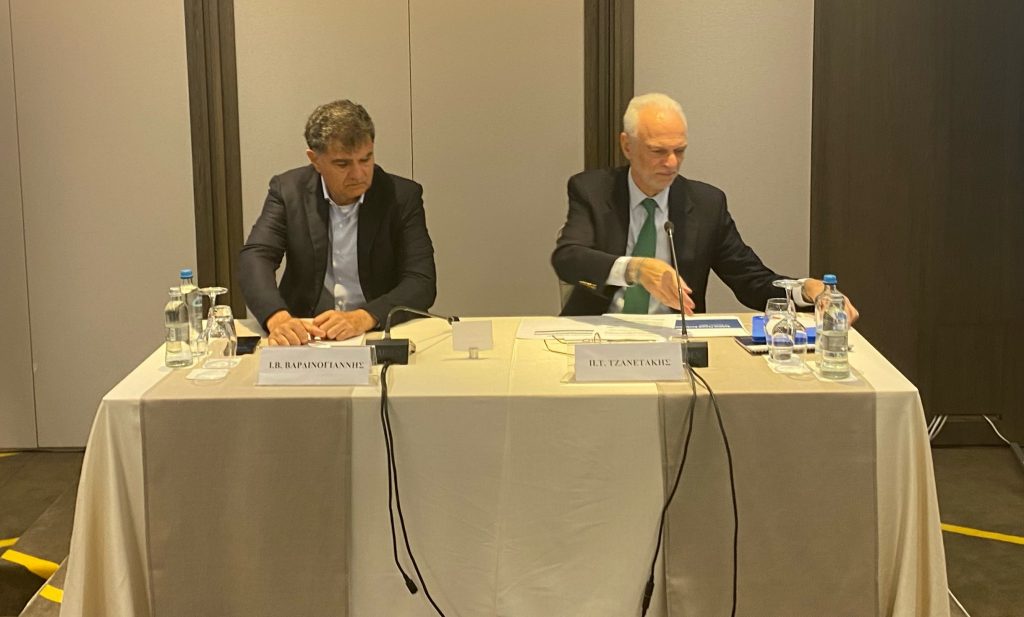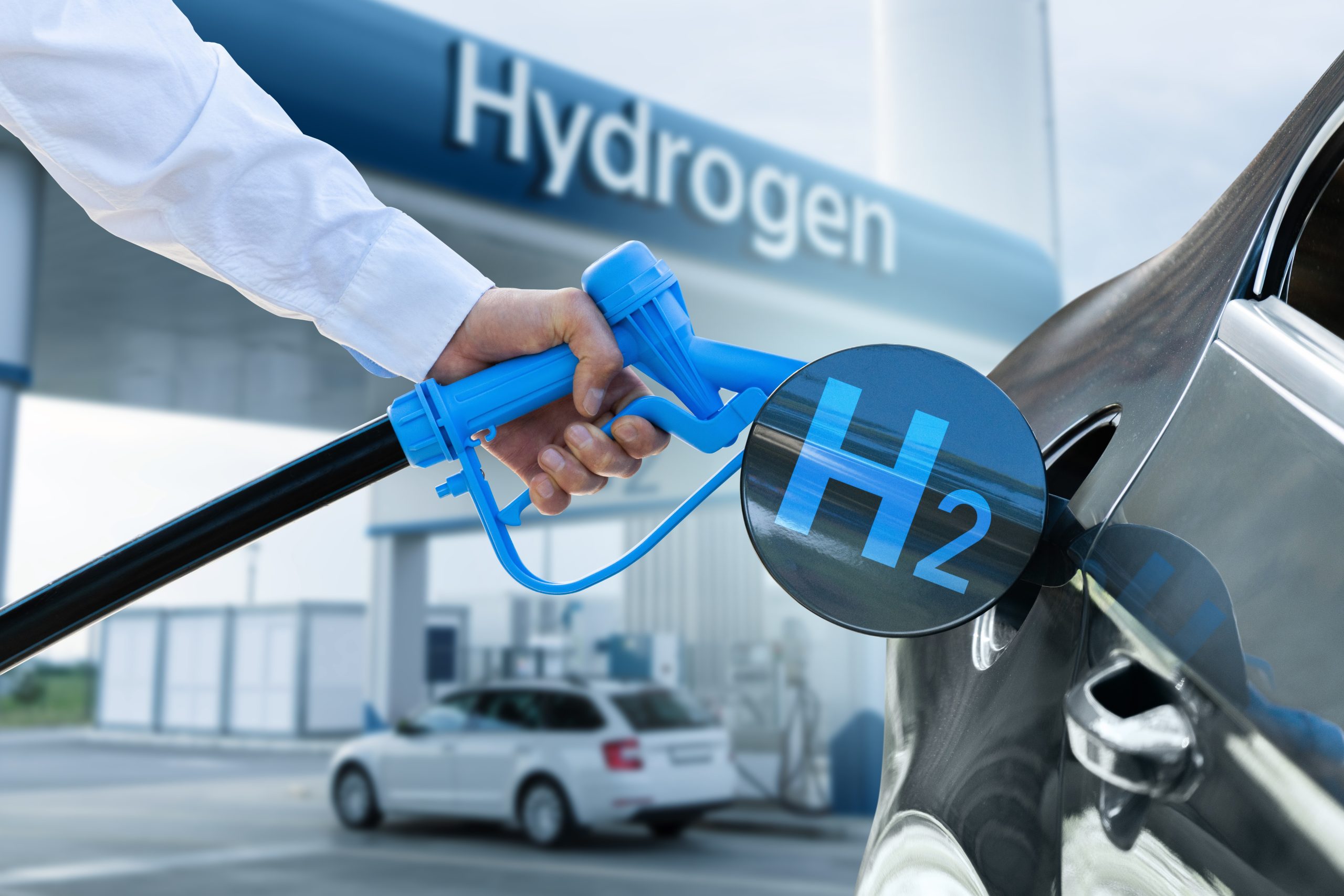Amid the European Union’s ambitious push to scale up clean hydrogen—and a €7 billion green hydrogen partnership announced yesterday by France and Egypt—Greece is turning away European funds related to the clean energy source, according to Hydrogen Europe’s latest quarterly report.
The Hydrogen Europe Quarterly Q1 2025 reveals that Greece has not allocated any of the funding approved for hydrogen projects under the EU’s Important Projects of Common European Interest (IPCEI). Despite European Commission notification, Greece has signed no grant agreements, resulting in an estimated absorption rate of just 3%.
In a visual comparison of member state performance, Greece is among the worst-performing countries, highlighted in red to indicate “funding not allocated for projects with EC notification.” This places Greece at odds with the broader EU goal to foster a competitive hydrogen market through €18.9 billion in public funding, intended to leverage an additional €24.7 billion in private investment across four IPCEI waves.
The report identifies several systemic challenges slowing hydrogen deployment across Europe, including delays in the notification and disbursement process, inflation, and reliance on complex national funding mechanisms. In Greece’s case, dependence on the EU Recovery and Resilience Facility (RRF)—which requires spending by 2026—is cited as a factor contributing to inaction. Political will also plays a role, as in other severe laggards, such as Poland, Portugal and Slovakia.
Across the EU, only 69% of IPCEI projects have signed funding agreements, and just 21% have reached Final Investment Decision (FID), according to Hydrogen Europe’s data. Countries such as Germany and France are ahead in the process, having allocated the majority of their approved funding and advanced key infrastructure.
Hydrogen Europe recommends the establishment of a centralized grant disbursement system, stricter notification timelines, and greater funding transparency across Member States. Without corrective action, the report warns that national discrepancies in absorption rates will continue to undermine the EU’s collective hydrogen ambitions.






